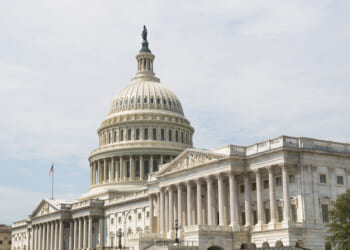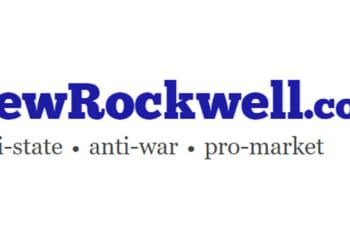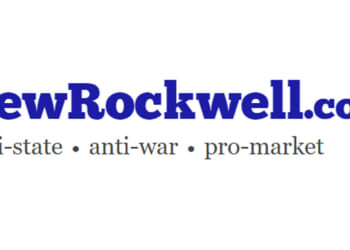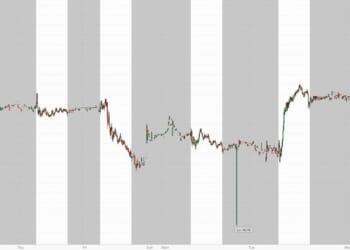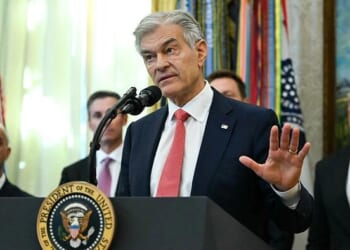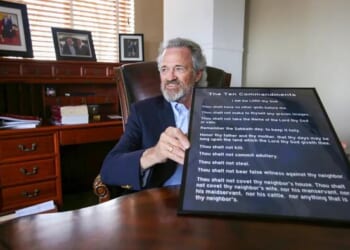In the First Amendment’s lexicon, self-censorship and chilling effect are close companions. They’re like road-trip buddies, calling society’s attention to the dangers of preemptive, self-imposed—not government-mandated—silence while traveling down today’s bumpy, how-dare-you-say-that road of expression.
The mere possibility of speech producing myriad negative consequences—legal sanctions, job loss, social ostracization, or violence—may chill (deter and discourage) people from exercising First Amendment rights. Rather than risk the perils and penalties, they self-censor. Such self-squelching may arise even though the words left unspoken might have been constitutionally protected.

For instance, hate speech—as I’ve explained—typically is safeguarded by the First Amendment. It is “unprotected only when used within the narrow context of a category of expression the Court already has carved out from constitutional shelter, such as fighting words, true threats and incitement to unlawful action or violence.” Yet, in the aftermath of Charlie Kirk’s assassination, US Attorney General Pam Bondi bluntly said “we will absolutely target you, go after you, if you are targeting anyone with hate speech.”
Individuals and groups also have set their sights on people who criticized Kirk’s views or celebrated his death—what might be deemed “lawful but awful” expression—and called for employers to fire them. As Axios reported, “[p]eople across the country are facing professional consequences over their comments or social media reactions to Kirk’s death.” This fosters a “climate of fear” and breeding ground for online timidity and the self-censorship of non-majoritarian, disquieting views.
Whether one labels this phenomenon cancel culture or sanctimoniously yet hypocritically repackages it as accountability culture or consequence culture, the ostensible ramification is a chilling effect on online free expression. Do data, however, support this? Are people truly concerned about being punished for, retaliated against, or subjected to ostracization for expressing impolite or offensive views online? Does age factor into the self-censorship equation?
A survey conducted for the Freedom Forum in early August—slightly more than one month before Kirk’s assassination—found that “a majority (65%) of Americans say they are afraid to speak freely.” The most common reasons cited were fears of violence (42 percent), tension with family and friends (37 percent), and “being perceived in a certain way (33%).” Furthermore, “when asked if they are afraid to take certain actions for fear of some form of government punishment or retaliation,” 27 percent said they are “afraid to post controversial thoughts online.”
Of the survey’s 813 respondents (all were at least 16 years old and lived in the US), younger people were “overwhelmingly more likely to say they’re afraid to speak.” The report found that:
82% of Gen Z versus 58% of baby boomers say they don’t speak freely. Gen Z respondents are twice as likely as boomers (44% versus 21%) to fear being fired for their views and almost twice as likely (49% versus 25%) to fear being perceived a certain way if they speak up.
Perhaps retirement, greater job and fiscal security, or more deeply established friend circles make older people far less fearful about negative consequences from controversially speaking up. But the chilling effect younger people feel and felt, even before Charlie Kirk’s assassination, is real, and that isn’t a good thing for the long-term future of a pluralistic, democratic society where all people should have a voice.
The desire for payback and retribution against speech one doesn’t like or that doesn’t tidily align with one’s own views seems exceedingly hard to resist in some quarters today. The reflexive desire among some conservatives—politicians included—following Kirk’s assassination to silence his critics and make them get their comeuppance seems understandable. Conservative views, after all, long were targeted by the left, casting a pall of what was once called political correctness over the ability to dissent and express minority views. Yet, as AEI’s Jonah Goldberg recently wrote, “you don’t fight fire with fire. You fight it with water. And a lot of people could use a splash of cold water right about now.”
If Goldberg’s logic doesn’t convince one that embracing the idiom “turnabout is fair play” is profoundly misguided on the free speech front, then consider this observation by Greg Lukianoff, president of the Foundation for Individual Rights and Expression. During an October interview at the Global Free Speech Summit in Nashville, Lukianoff stated:
I always have to be very clear: you have a First Amendment right to engage in cancel culture. What I am saying is: take a deep breath, people. Do you want to live in the kind of country where you can have a strong opinion and a job, but not both?
Dialing back the retributive impulses that chill speech and promote self-censorship is essential for a robust pluralistic—not an autocratic or authoritarian—society in which people don’t need to agonize about sacrificing one for the other.
The post Fear of Speaking Out Online: Data and Contentions About Self-Censorship appeared first on American Enterprise Institute – AEI.




